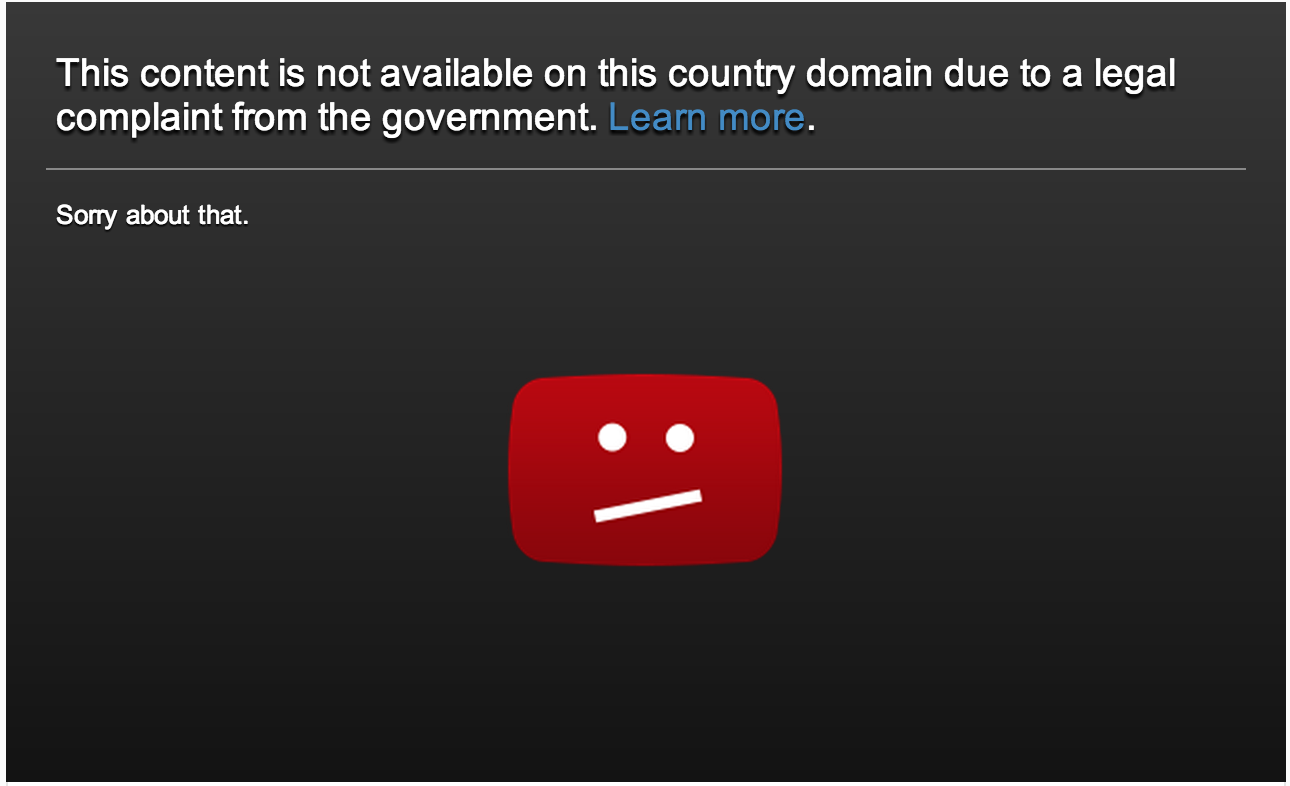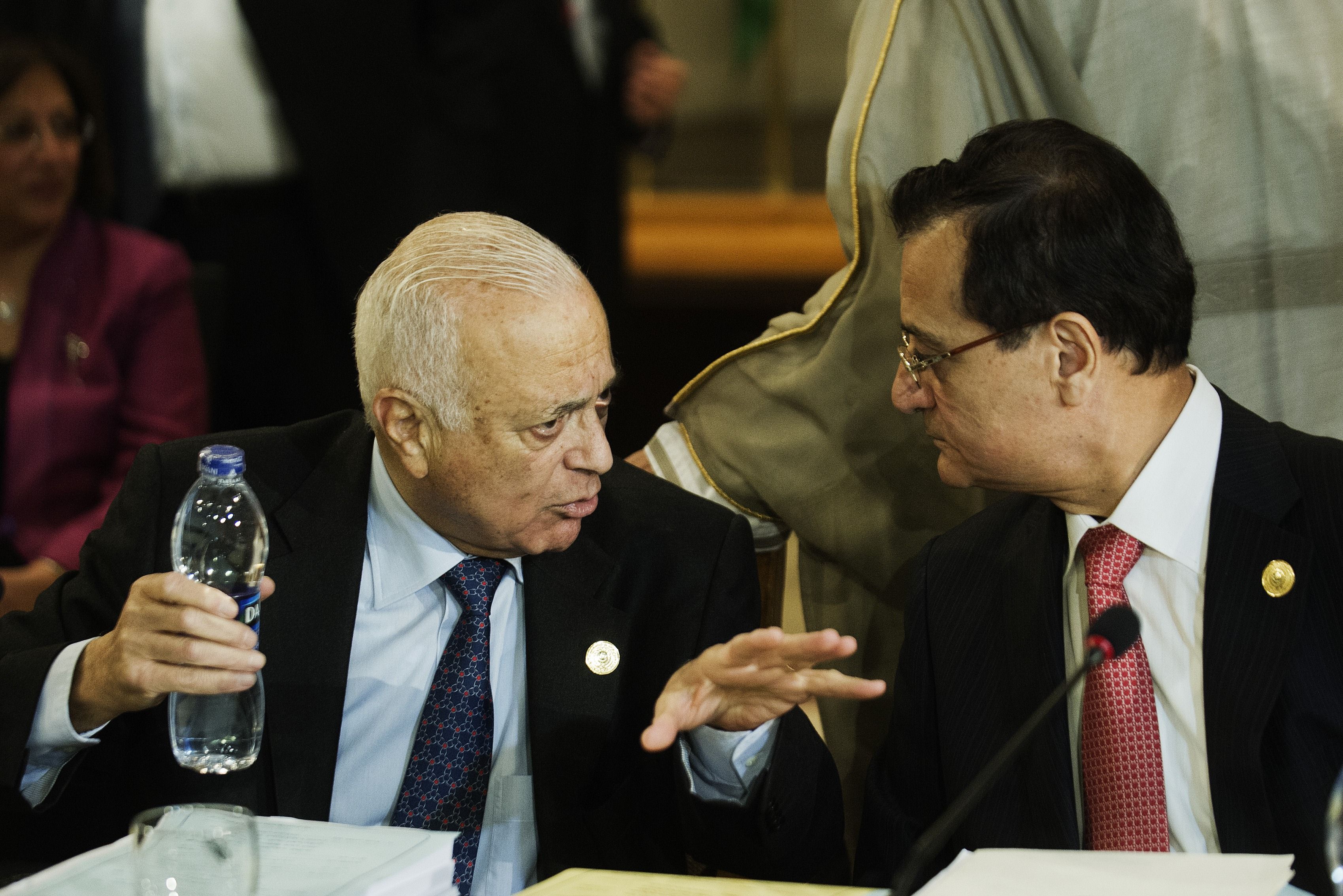As America’s primaries move beyond Iowa and New Hampshire, it is simply impossible to predict who will be the Democratic and Republican nominees, much less who will become the 44th president of the United States. But it is not too soon to address the question of what effect US foreign policy is having on the campaign and what it reveals about how Americans see the world.
To the surprise of many seasoned observers, foreign policy is having only a modest impact on voters. This is unexpected, because only six months ago the war in Iraq dominated the political landscape. Although Iraq still matters a lot to Americans, its importance for determining how they vote has receded, partly because US casualties there are markedly down as the security situation appears to be gradually improving. As a result, there is considerably less public pressure to do something dramatically different.
Foreign policy has also become less salient than it was only months ago as the chance of war between the US and Iran has diminished, following the recently published National Intelligence Estimate on Iran’s nuclear program. The judgment by America’s intelligence community that Iran has suspended its nuclear weapon development program – and, more importantly, that its large-scale uranium enrichment capacity is likely years away – postpones the day when a US president may have to decide between living with or attacking a nuclear Iran.
A third reason for the modest impact of international issues on voters’ choice of the next president is another surprising development: more agreement between and among the leading candidates than meets the eye. There is something of a consensus, for example, emerging around the notion that the US should remain in Iraq for some time to come, albeit with a reduced level of military forces.
There is also widespread acknowledgement that the US must do more both at home and diplomatically to address global climate change; that the US must work with its European allies to prevent Afghanistan from slipping back into anarchy; and that the US must take the strongest possible stand against terrorism and those who would support it in any way. No major candidate is advocating anything remotely resembling isolationism.
Finally, and perhaps most importantly, the deterioration of America’s economy is now overshadowing foreign policy. The greatest crisis facing many Americans is their increasing inability to meet their monthly mortgage payments. Recession, job loss, and expensive oil, not war, is what Americans fear most for 2008.
This is not to suggest that foreign policy is absent from the campaign. Along with the economy, a dominant issue on the political agenda – and one that has affected Republican politics in particular – is immigration. There is growing opposition to illegal entry, but no consensus about what to do about those who have been in the country illegally for years or those who want to come to the US in the future.
It is also possible to see in the politics of both parties mounting concern about globalization. With tougher economic times inevitably come tougher positions toward foreign competition and outsourcing.
There may also be latent concern about foreign policy in the attention being given to the quantity and quality of candidates’ relevant experience. A desire for “change is a common refrain of the American debate, but it is far from the only one.
Renewed interest in foreign policy and the rest of the world could surface if there were a dramatic overseas development. We saw this a few weeks ago, when former Pakistani Prime Minister Benazir Bhutto was assassinated. Democratic and Republican candidates alike were called upon to explain what they would be prepared to do if there were an opportunity to capture Osama Bin Laden or a need to secure Pakistan’s nuclear weapons.
Likewise, Iraq could return to center stage if the positive momentum of recent months were suddenly reversed, perhaps following a new outbreak of violence between the country’s Sunnis and Shia. The US and Iran could go to war not over nuclear issues but because of reckless behavior by the Revolutionary Guards (as occurred recently in the Strait of Hormuz), with Iranian President Mahmoud Ahmedinejad possibly seeking to provoke a crisis in order to distract domestic attention from his economic failures. Order in Pakistan could break down irretrievably. A terrorist attack could remind Americans of their fundamental vulnerability. The possibilities are endless.
America’s next president will face a host of pressing and difficult foreign policy challenges – and how he or she responds will affect not only the US, but the entire world. In the meantime, though, foreign policy will have only an indirect influence on Americans’ choice.
Richard N. Haass is President of the Council on Foreign Relations and author of The Opportunity: America’s Moment to Alter History’s Course. This commentary is published by DAILY NEWS EGYPT in collaboration with Project Syndicate (www.project-syndicate.org).

